Residential Support
Ability Beyond Barriers, formerly The Horry County Disabilities and Special Needs Board operates a variety of residential programs in Horry County. There are currently two 8-bed houses, eleven 4-bed houses, one 10-unit apartment complex and an independent living program.
Community Residential Care Facilities (CRCF)
These homes house eight residents each and provide 24-hour support, skills training and community activity to consumers requiring a more intensive level of support.
Community Training Homes II (CTH-II)
These four bedroom, single-family homes are located throughout the county. These programs provide 24-hour support, skills training and community activity.
Supervised Living Program I (SLP-I)
Those participating in the SLP-I program can be found living independently in their own homes throughout the county. These folks possess their independent living skills but require a small degree of support. The program staff does provide skills training and assists with transportation but they do not provide 24-hour on-site supervision.
Supervised Living Program II (SLP-II)
These residential option provides 24-hour staff support, skills training, and transportation to and from work and other community activities. The SLP-II program serves individuals who possess many of their independent living skills but still require moderate support.
Waiting Lists
The need for residential services far outweighs the current capacity which results in a waiting list for these services. The level of need is taken into consideration when placing individuals on the waiting list. The need for residential supports continues to grow. The state of South Carolina Department of Disabilities and Special Needs has developed a tiered residential waiting list to include:
- Critical cases
- Aging caregivers
- Priority one
- No priority
- Future need
These designations are given by the state, not the local agency. Your case manager will help you gather the necessary information to assess your current need. If the need is great, than a critical residential request packet will be put together and submitted on your behalf.
An individual’s residential request would be added to the aging caregiver list and is based on the age of the primary caregiver. The priority one list is for individuals who have applied for the critical waiting list but their request was not approved by the state as “critical”. The no-priority or future need list is for families preparing for the future needs of their loved one
All of these scenarios are dynamic and can quickly change. The case manager will be monitoring or will be the contact person for families to contact if a stable situation quickly changes. Ability Beyond Barriers’ residential plan for the future is to grow to meet the needs of the county’s residents.

